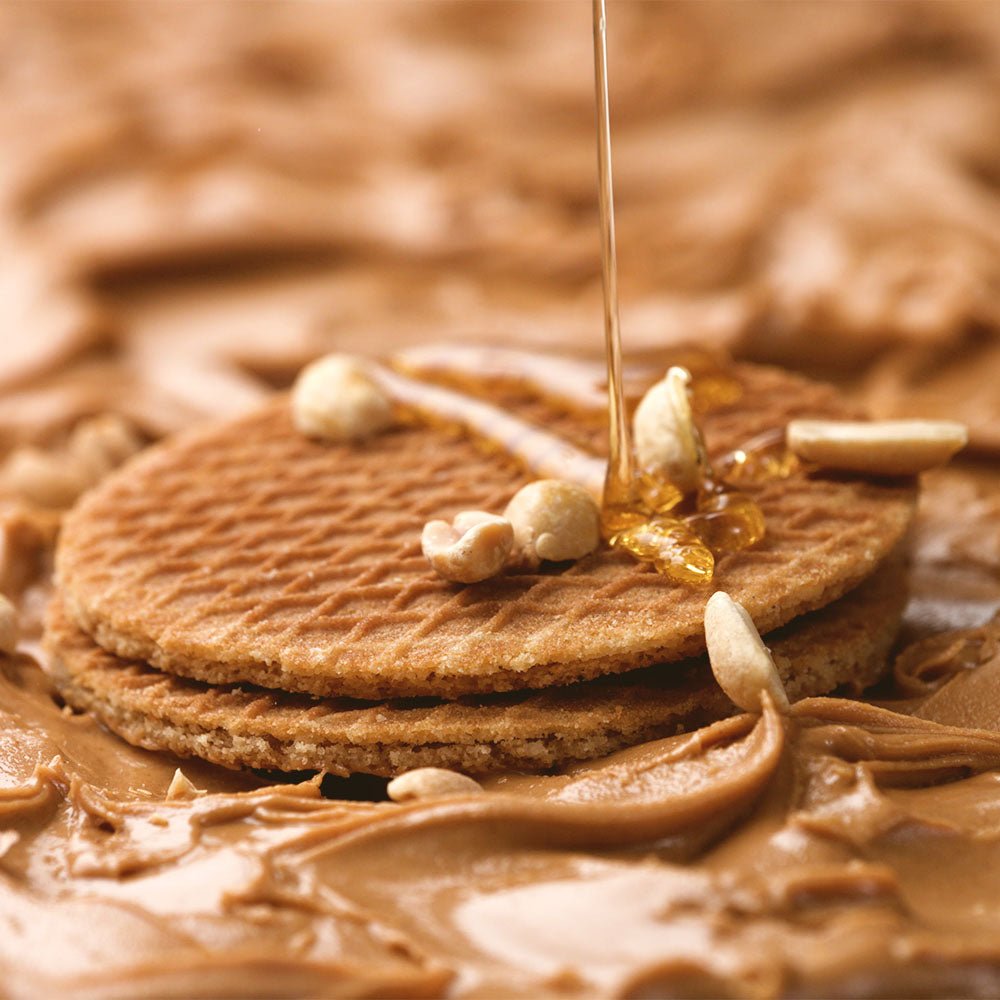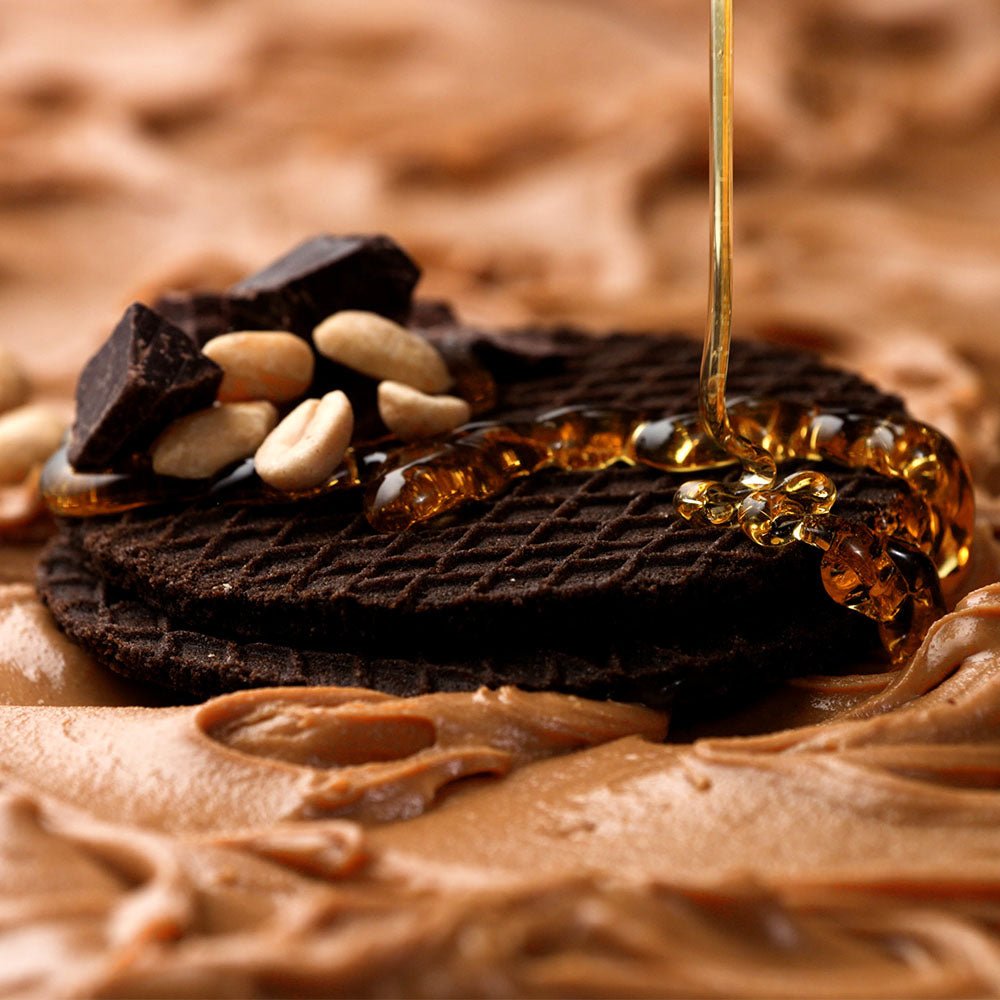Speed Tips for Runners from Beofra
Beofra "Bee" Butler is a runner and triathlete who has completed a 100 mile ultramarathon and over 100 marathons while working as an active duty military member and certified run coach.
She started running track and field as a kid, ran her first 5k in 1992, and first marathon in 2008. Bee enjoys every mile and has helped countless runners achieve their goals. We asked her for some tips to improve pacing for endurance running. 
What advice do you have for runners trying to achieve a faster pace or PR?
In short: It can happen with 3 P's: Practice, Pacing, and Patience!
Practice: consistency is key to making the hard feel easier or more manageable.
Pacing: understanding what you are currently capable of running allows you to train at a proper increase/decrease in order to improve.
Patience: it will not happen overnight. Stay the course and you'll get there.
What tips do you have for incrementally increasing your pace or distance over time?
Be patient and mentally prepared for a challenge. Start where you are. Increasing pace involves adding speed work (tempos/repeats) to your plan as a separate workout or even during the final miles of a long run when the legs are tired. The options vary depending on what you are able to run at the beginning of training.
What are some of the biggest challenges when trying to become faster over longer distances?
Running distance is a huge challenge in itself, so adding speed to that will definitely intensify the process. The biggest challenge is not being able to go the distance (fast or slow) and immediately jumping into speed work. Before trying to become faster, a runner should make sure they can go the distance.
What's a common mistake runners make when trying to become faster?
Training at a pace that is too fast for them resulting in the runner abandoning their goals in training, or even worse, getting injured.
What advice do you have to avoid those mistakes?
Be patient and trust the process. Speed will come but sometimes you have to slow down in order to speed up. Running fast everyday will cause more harm than good. Training should consist of a variety of effort-level runs.
Outside of training, what's the best thing a runner can do to help support their goal of a faster time?
Rest and Recover
Proper Fueling and Hydration
Believe and See It
How can proper nutrition help someone achieve their pace goals?
The importance of fueling before activity
You want to make sure your body has the proper energy it needs to perform at the demands you are about to place upon it. Crashing can come a lot sooner without the regards of mileage/pace. Depending on how much you run, this means evaluating what you put in your body every day.
The importance of fueling during activity
The longer the distance, the more important this becomes. Keeping the body fueled allows it to maintain a more leveled "charge" instead of a roller coaster of nutrition.
The importance of post-workout fuel recovery
You need to repair the muscles that were torn down during training.










